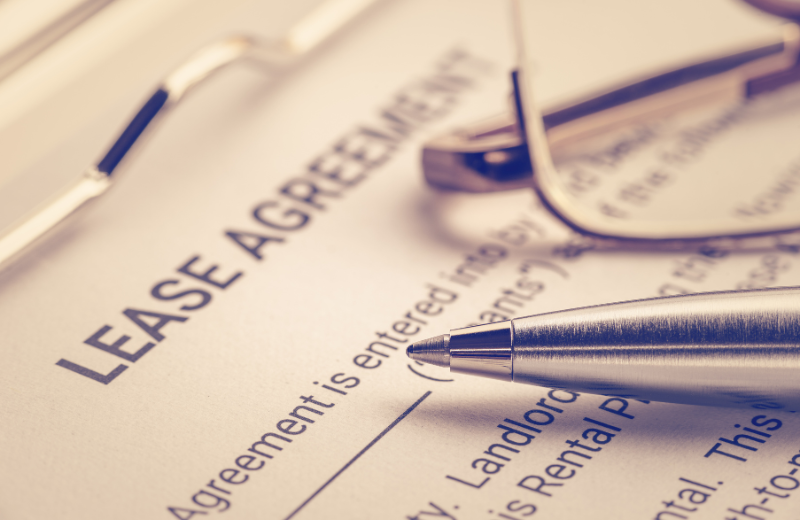Have owners who have unpaid balances? Not sure what the board can do to get the owner caught up? Learn about the legal remedies available to condominium associations at Condoly's next free webinar on Thursday, April 25th at 6:30 pm.
Ensuring the financial of your condominium association is a key responsibility for board members. The board has a fiduciary duty to collect all amounts owed, but it can be tricky addressing unpaid balances with your neighbors. Here are a few things the board can do to reduce delinquencies and maintain financial stability for your association:
- Establish a Collection Policy. This should be a written policy that applies a penalty for a late payment and states that balances more than 60 overdue (or whatever the board decides) will be referred for debt collection. Include this policy in your Rules & Regulations and communicate it to all owners.
- Be proactive. The longer an account goes unpaid, the harder it can be for an owner to get caught up. Reach out to the delinquent owner and try to get a payment plan agreement for getting caught up before the balance grows. It's always best to work out an arrangement with an owner, if possible, before you take further action. (Be sure to get any agreement in writing and signed by the owner and the board!)
- When needed, call in an expert. Engage an attorney or debt collector to take action if an owner is unresponsive or defaults on an agreement. Sometimes it is simply necessary to turn the account over to a professional to collect.
Enforcing payment for unpaid charges can be a challenge, but understanding the process can make it easier for the board to effectively uphold its fiduciary responsibily to collect what is due.
A Condoly partner attorney will review the legal process for collecting unpaid balances from unit owners, and field general legal questions (time permitting).
Register your FREE Condoly account or Sign in to your existing Condoly account to register.





